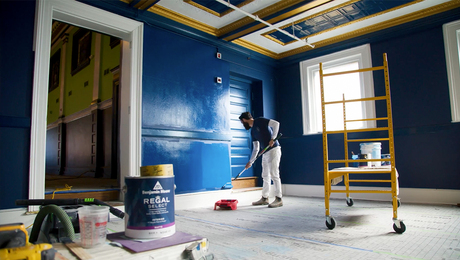Painting and Finishing
At its most fundamental level, painting hasn’t changed much in the last century. The painter uses a simple tool — basically a stick with some animal hair attached to one end — to spread a liquid finish over the target surface. That’s still true for many homeowners who do their own painting. Pros, however, may use spray equipment instead of a brush, and the paints and stains available today are sophisticated blends of waterborne pigments and binders rather than lead-based formulations. In other words, painting is deceptively simple: It sort of looks like what Gramps might have done, except it isn’t.
However you tackle it, painting consists of a few well-defined steps: paint and equipment selection, surface prep, application, and cleanup. The basics should be fairly easy to master. If the surface is carefully prepped (paint really doesn’t hide much) and the paint is carefully applied, the result should be everything you expect.
Where Fine Homebuilding’s experienced pros can help is with what’s not so obvious. How, for example, do you refinish that once-beautiful, and expensive, entry door with hand-mixed stain and a new coat of varnish? How do you restore your hardwood floors so they glow again? Is spray equipment something that’s worth renting?
Painting, whether it’s indoors or out, is a powerful home decorating tool. Finishes also preserve and protect metal, wood, and other materials exposed to weather and sunlight. Not everyone is destined to become a world-class painter or finisher, and you may very well want to call a professional. But going beyond the basics is well worth the effort.
-
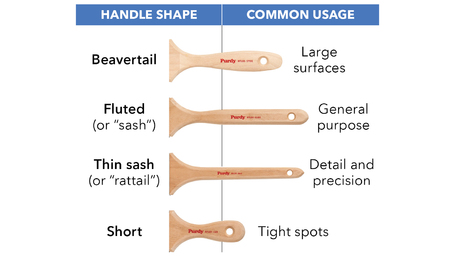 Choosing a Paintbrush
Choosing a Paintbrush -
 A Classic Paint Sprayer Gets a Thoughtful Refresh
A Classic Paint Sprayer Gets a Thoughtful Refresh -
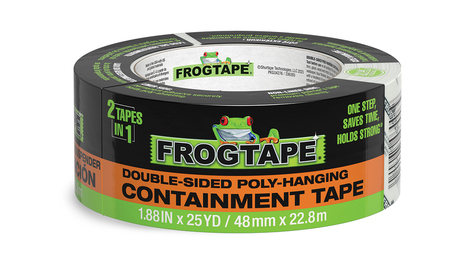 Two Tapes in One
Two Tapes in One -
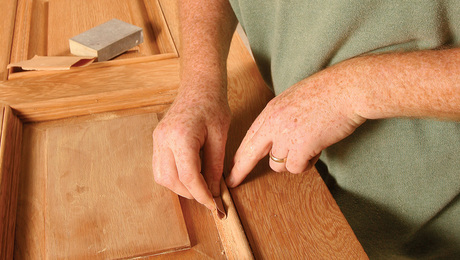 Seven Ways to Remove Paint
Seven Ways to Remove Paint -
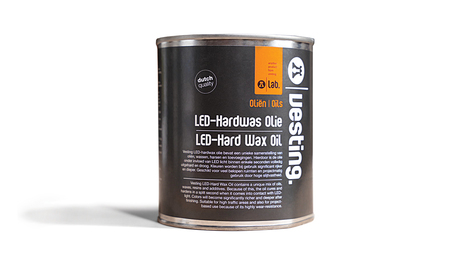 A New Approach for Millwork Finishes
A New Approach for Millwork Finishes -
 Prevent Paint Bridging With Picks
Prevent Paint Bridging With Picks -
Sponsored ContentFresh Paint Brings New Life to an Historic Landmark
-
 10 Tips for a Long-Lasting Paint Job
10 Tips for a Long-Lasting Paint Job -
 DIY Refinishing of Victorian Doors
DIY Refinishing of Victorian Doors -
 Battle Bleed-Through
Battle Bleed-Through
Fine Homebuilding Magazine
- Home Group
- Antique Trader
- Arts & Crafts Homes
- Bank Note Reporter
- Cabin Life
- Cuisine at Home
- Fine Gardening
- Fine Woodworking
- Green Building Advisor
- Garden Gate
- Horticulture
- Keep Craft Alive
- Log Home Living
- Military Trader/Vehicles
- Numismatic News
- Numismaster
- Old Cars Weekly
- Old House Journal
- Period Homes
- Popular Woodworking
- Script
- ShopNotes
- Sports Collectors Digest
- Threads
- Timber Home Living
- Traditional Building
- Woodsmith
- World Coin News
- Writer's Digest
